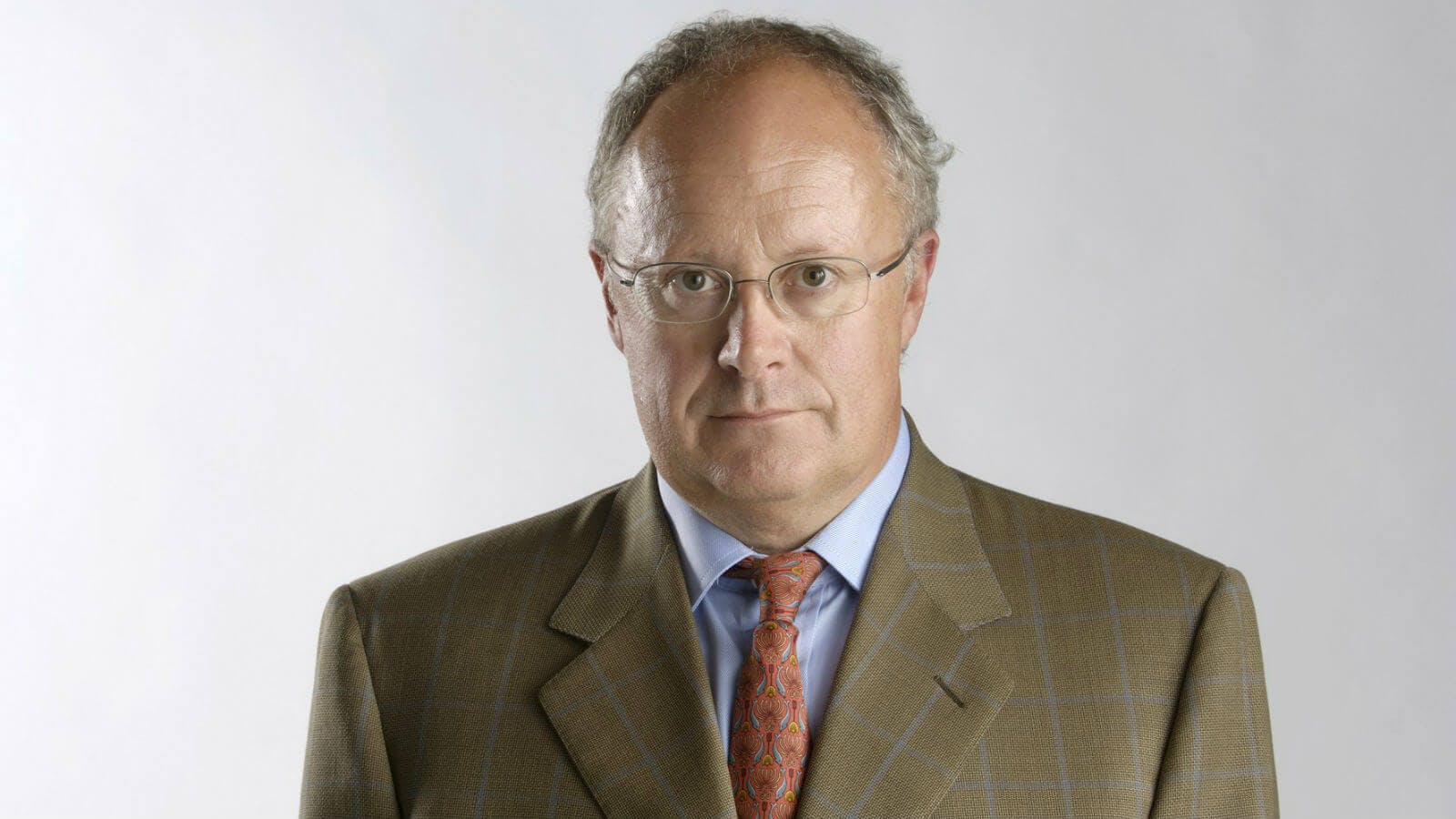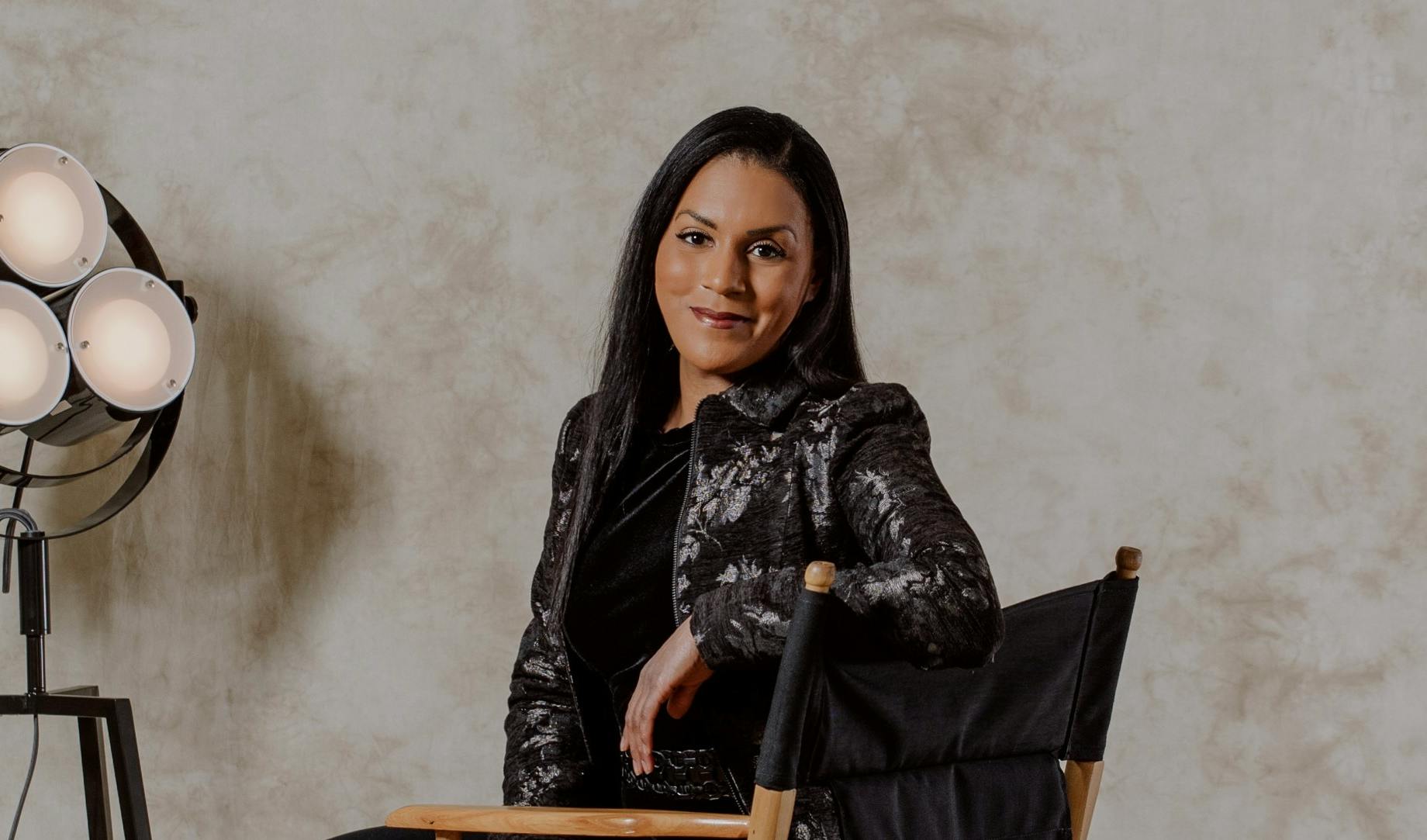
How to be a better board director | Roger Parry CBE, Uber NED
Recently appointed Non-Executive Director of Uber, Roger Parry, shares his advice and experiences having held senior executive positions at numerous PLC and large companies throughout his career.
Background
Roger Parry CBE is a media and technology entrepreneur with extensive experience of corporate leadership. He is currently chair of Oxford Metrics plc and YouGov plc. He was first appointed as a board Director in 1991 (Aegis plc), CEO of a listed company in 1995 (More Group plc) and as a non-executive Chairman in 2001 (Future Publishing plc). As the CEO of Clear Channel International (1998-2006) he ran a business with 9,000 staff in 63 countries with annual sales of US$ 2.5 billion. He has led boards of publicly listed, private equity and not-for-profit organisations. Roger has experience in technology, marketing, media and consultancy. He is the author of six books, a Visiting Fellow of Oxford University and was appointed CBE in 2014.
Roger was recently appointed through Nurole’s platform as a non-executive director on the board of Uber London Limited.
Here we speak to Roger about his best advice for board chairs, what characterises the best boards he has worked with and what he is working on to make himself a better board member.
Best Advice
What’s the best professional advice you ever received?
During my formal McKinsey training, I remember being told “you learn a lot more when you’re not talking”. You can never underestimate the importance of developing good listening skills, whether you are a consultant or a company chair.
Outside of board meetings, how should a NED best interact with the companies whose boards they sit on?
Use the company’s and their competitors’ product or service. Listen to other people using it so you can provide the board with insights. Doing this is much easier for non-executives than executives of the company who can’t distance themselves in the same way.
What’s your best advice for a new board chair?
Make sure you really understand the economic model of the business - understand what really drives success in that business. Avoid making the assumption that the businesses you’ve worked with and understood before, are good surrogates for the board you’re joining. Instead, you must develop a clear understanding from the bottom up - read books or whatever written or video material is available about the company, talk to the executives and the analysts and do your own due diligence, no matter how experienced you may be.
Best advice on what a board considering hiring an independent director should look for?
The board, including the executives, need to have an open discussion to define the specific skill sets that they are trying to bring on. Sometimes it’s easy. For example if you need a new audit chair, they probably need to be a qualified accountant, preferably have been a CFO and ideally have been an audit chair. When it is less straightforward, it’s a case of identifying where the knowledge and skills gaps are within the board which will be required to achieve your strategic aims - e.g. Asia, Marketing, Digital, best practice in HR or something else? That gives you a candidate pool from which to select based on chemistry; you need to know what fit looks like, the whole board need to coalesce around what they are looking for, both executives and independent directors. That’s something you can only do in person.
What has characterised the best boards you have worked with?
Diversity - I don’t mean of gender or ethnicity, but cognitive diversity. What you don’t want is a group of people who think the same way, with the same mental models about how the board works. You want people who have had different experiences: sectoral, functional, geographic, and funding environment diversity are a few examples. I don’t believe NEDs need domain expertise, though it’s difficult for a chair to do the role well without relevant industry knowledge.
Also, boards where everybody gets airtime, even if it’s forced on them. The bad boards have individuals who don’t say anything and get frustrated because they feel they are not being heard. Sometimes that means going around the table in sequence asking for thoughts. You just have to be careful to be selective about when you do it or it quickly becomes tiresome.
When have you got it most wrong professionally and what did you learn?
Over-aggressive acquisition policies where we allowed ourselves to be influenced by the fashion of the stock market and investment community. Acquisitions should be done only when there is industrial logic, not just for financial engineering.
How do you try to make yourself a better board member?
I try to expose myself to a wide range of trends and developments. For example I make a conscious effort to go to industry conferences and visit business in other places (e.g. off to visit San Francisco shortly). I lived in Paris, Rome and New York in the 1980s and 90s and spent some time in Palo Alto in the mid 2000s which changed my perspectives completely. I also work hard to stay abreast of new technology. I’m currently fascinated by Alexa and voice interaction which could have huge ramifications for businesses over the next 5 years.
If you could only pass on one piece of advice, what would it be?
Be a good listener.
Your Nurole Experience
How did you hear about Nurole?
Invited by the founder when it first started.
How have you found the experience as a member?
Seen lots of interesting non-executive roles and joined the board of Uber London through the platform, so not bad!
About You - 10 Question Quick Fire
3 words the person who has worked most with you would use to characterise you?
Creative, impatient, experienced.
Favourite book?
Brideshead Revisited, Evelyn Waugh.
Favourite restaurant?
The Wolseley for breakfast.
Favourite quote?
“If you have a library and a garden, you have everything you need.” - Marcus Tullius Cicero.
Favourite holiday?
North Vietnam.
Greatest passion?
Anything outdoors.
Favourite app?
Uber - obviously!
Professional achievement of which you are most proud?
Being the business correspondent on the Today programme when I was 24 years old.
When does your alarm go off and how many hours of sleep do you have on average?
6.30am (7-8 hours sleep).
Best idea for a £10,000 investment?
Oxford Metrics plc.






